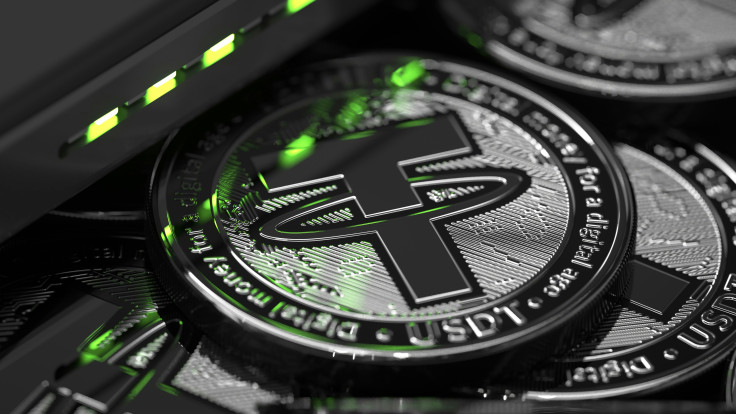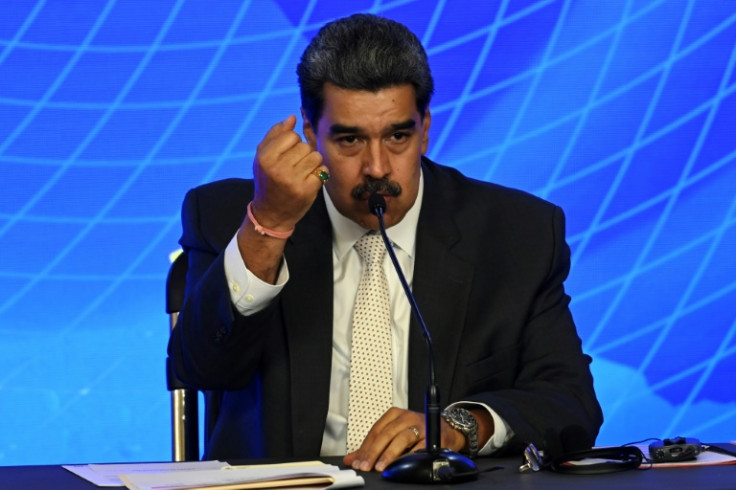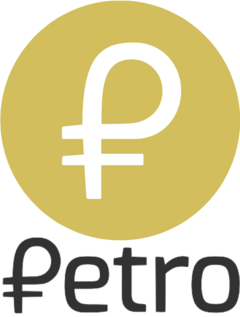
Venezuela could face significant obstacles in its efforts to use cryptocurrency to get around the sanctions on the country's oil and fuel exports recently resumed by the United States. This comes as the preferred token, Tether (or USDT), has already announced new measures, and after years of Venezuela's state coin, 'El Petro', has proven to be a failure.
In response to a recent Reuters report revealing that the state-run oil company Petróleos de Venezuela (PDVSA) has been accelerating the use of cryptocurrencies in crude and fuel exports amid U.S. sanctions in the country's giant oil sector, one of the most important actors enabling this evasion for the South American country has turned away from them.
It is Tether, the issuer of USDT, the most popular and widely used stablecoin in the crypto ecosystem, which is regularly used for sending remittances and conducting various transactions on cryptocurrency exchanges.
While Bitcoin's price fluctuates based on supply and demand dynamics and the efforts of miners, a stablecoin is distinguished by consistently mirroring the price of an external asset or currency, such as gold in the case of PAX Gold or the U.S. dollar in the case of Tether.

The report from Reuters, which cited anonymous sources, highlighted that in order to mitigate the risk of funds being frozen in foreign bank accounts as the new sanctions implemented by the U.S. take effect, PDVSA has reportedly shifted its oil sales to Tether's USDT stablecoin.
In 2023, reports associated cryptocurrency payments with a corruption scandal at PDVSA, uncovering $21 billion in unaccounted receivables for oil exports.
A spokesperson from Tether told specialized outlet Cointelegraph that the company remains committed to stopping payments linked to Office of Foreign Assets Control (OFAC) sanctioned entities. "Tether respects the OFAC SDN list and is committed to working to ensure sanction addresses are frozen promptly," they expressed.
Will Nicolás Maduro's government be able to find another stablecoin to carry out operations? As long as it remains centralized, meaning backed and managed by an entity, it will run the risk of encountering similar obstacles to those of Tether.

At the end of 2017, the president launched an ambitious project for the country to have its own cryptocurrency, with which Venezuela was going to "overcome the financial blockade," in his own words.
"The Petro" was launched in 2018, with its price backed by a combination of four elements: the national reserves of gold, oil, gas, and diamonds.
However, shortly thereafter, the OFAC issued an executive order invalidating the use of the Petro within the U.S., meaning that anyone wishing to use the Petro could potentially be sanctioned by authorities, thus ending the Venezuelan government's intention of using the Petro as a means of exchange outside the country.
Maduro persisted in its use with poor results. "'ElPetro' is one of the most solid and stable cryptocurrencies in the whole world. If you want to invest in a cryptocurrency to guarantee your money, invest in Petro, which is the most stable currency in the entire crypto system," he said around 2022.
In March 2023, however, all operations involving the Petro were suspended, although its usage had been practically negligible even before then, as recalled in an article by BBC.
© 2025 Latin Times. All rights reserved. Do not reproduce without permission.





